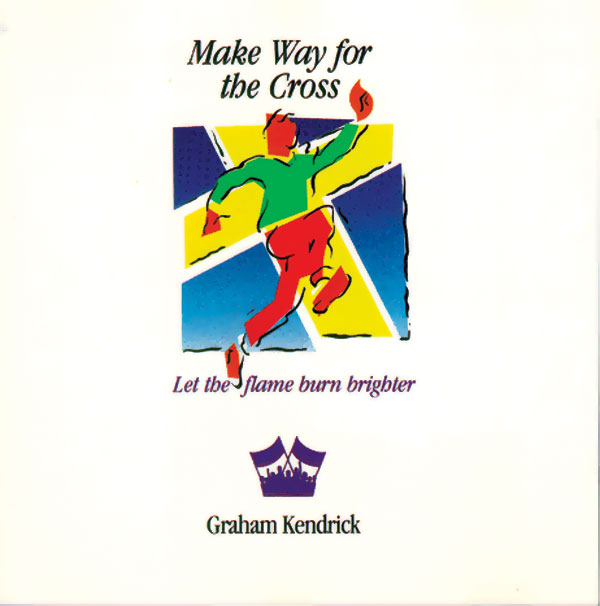Sermon for St Peter’s Bramley, 17 September 2023.
Preceded by the sketch ‘The Call’ from John Bell’s ‘Jesus and Peter’.
Bible reading: Matthew 4:18-22

So there they were, Peter and his brother Andrew, just standing in their fishing boats a little way out in the lake, casting a net to catch fish. All in a day’s work. And along comes Jesus and tells them to follow him, which they do. So do James and John, another fishing crew, a few minutes later. Can it really be that simple?
It seems more likely from the other versions of this story in the Bible that these fishermen had been among the crowds who heard John the Baptist and Jesus himself teaching, before this encounter. That might be you – you’ve heard about Jesus, but never really stopped to think how he might be speaking to you personally. The sketch we’ve just seen explores the sort of conversation that may have occurred on the day, when Jesus challenged them what their response would be to what they had heard.
I want to explore briefly three of the questions that Peter asks, because they’re the sort of questions that lots of people ask when they’ve heard something about Jesus but don’t really know how to respond, whether to follow him or not.
Q1 – with map and GPS unit
Firstly he asks “Where are you going?” Well, how do you find out where you’re going, or more often, how to get where you know you ought to be going? I’m of the older generation and I still like to use a paper map – this one helps me find my way around the Leeds area. But I also have a GPS unit for my bike, that tells me exactly where I am and which direction to head next. If you have a new car you may have a Satnav system built in that does the same job. But you need to know your destination first. Jesus couldn’t just give Peter a postcode, because for the next three years they were going to be wandering round what we now call Israel and Syria all the time, going wherever God called them and the need was greatest.
When Jesus said to Peter in the sketch that he wasn’t giving an answer because “you might not like it”, he meant that it wouldn’t always be easy. Being a Christian does have its challenges and God often calls people to move to a new place, perhaps more than once, to serve him. It’s a life-changing call, but those who accept it find that actually, we do like it very much!
Q2 – with Bible
The second question is “Just tell me what I need”. Jesus’ answer is quite clear – “just bring yourself”. Of course Peter’s friends came with him, but the point is he needed no special preparation. Not everyone who starts on the Christian life needs to literally leave behind their only means of making a living as Peter did, but what Jesus does ask us all is to bring the gifts and skills he has already given us. Jesus may have seen in Peter and his colleagues a group of young men who were hard-working and courageous, but also patient and prepared to take advice and take risks (as Mark’s version of this story shows us). Those were the qualities, the ‘transferable skills’ to use a modern phrase, that they would need as they went around with Jesus. You might well ask yourself, what skills has God already given me that I could use for him? The other point to make is that in starting afresh following Jesus, we can also leave behind the things that trouble us – you may have heard the phrase ‘born again’, but that basically means putting behind you all the things you are guilty or troubled about in your past life, and starting over with a clean slate. The only other thing you will need, of course, is the Bible – used wisely, it’s still the best guide to how to put those skills to good use.
Q3 – with mirror
At the end of the sketch, Peter asks “Do you want me to end up like you?” it sounds critical, and maybe it is. Let’s be honest, the Church often doesn’t have a good reputation. People have an image of boring old people singing ancient hymns and talking fancy language. Or of someone with a collection plate asking for money as soon as they go in the door. They think they will be judged by their appearance or accent if they go to church. Mostly of course that’s very far from the truth. I hope you got a good welcome today and you’re finding this service easy to follow, and dare I say it, even fun.
But beneath a question like this is a deeper one, that really means “I hope I won’t have to change”. And the answer to that is in fact, “yes, you will” – but “you will change for the better”. (mirror) I’m looking now at someone who has changed a lot since he first heard about Jesus forty years ago, but who knows he still has a long way to go to become like Jesus. The journey of following Jesus will change us into better people, if we really let him into our lives. Can you see a better person in here?
These questions, then: “Where are you going?” “Just tell me what I need” “Do you want me to end up like you?”– they are real questions that real people ask. To rephrase them slightly, they are the anxieties we all have to address whenever we face a new step in life: “What’s the goal?” “What do I need to achieve it”? and “How will it change me?”
Maybe Grace’s parents have been asking themselves those questions since her birth. They are honest questions, that deserve honest answers, and sometimes the answers aren’t simple, quick or easy. We may not understand the whole of the answers, or even the questions, until we’ve been on the road with Jesus for a long time. But they are important questions to ask at the start, if we are to understand what it is that Jesus calls us to. Also, someone who asks questions is ready to learn, and those are the followers Jesus wants.
One question that Peter didn’t ask is “Where do I start from?” The answer was obvious: from this beach, today. Jesus doesn’t answer Peter’s question about becoming like him, instead he just asks for the last time, “are you coming with me?” Because that’s the only way we can change. Life with Jesus can start for you, here and now, as you are.
Well, it’s time for me to go now….. Are you coming?
